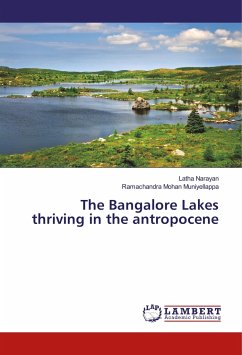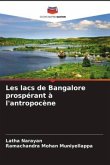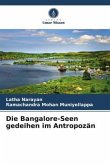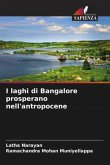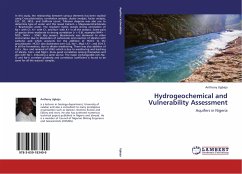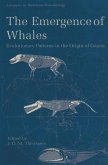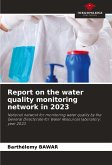As a consequence of unprecedented development in Bangalore, human beings are responsible for choking several lakes to death. Indiscriminate use of chemicals and drugs often lead to problems like drug resistance, tissue residues, adverse effect on species biodiversity, etc, which ultimately affect the fish, human and environment. Microorganisms are widely distributed in nature and are found in most natural water. Their abundance and diversity used as guide to the suitability of water for fish, animals or recreational and amenity purposes. Indeed, fecal pollution of surface water is of special concern since the most important bacterial gastrointestinal infections in human- Cholera, Salmonellosis and Shigellosis are primarily transmitted by water polluted with faeces of infected person. In urban and densely populated rural areas, the microbiological quality of fresh water is frequently threatened by contamination with untreated domestic wastewater
Bitte wählen Sie Ihr Anliegen aus.
Rechnungen
Retourenschein anfordern
Bestellstatus
Storno

